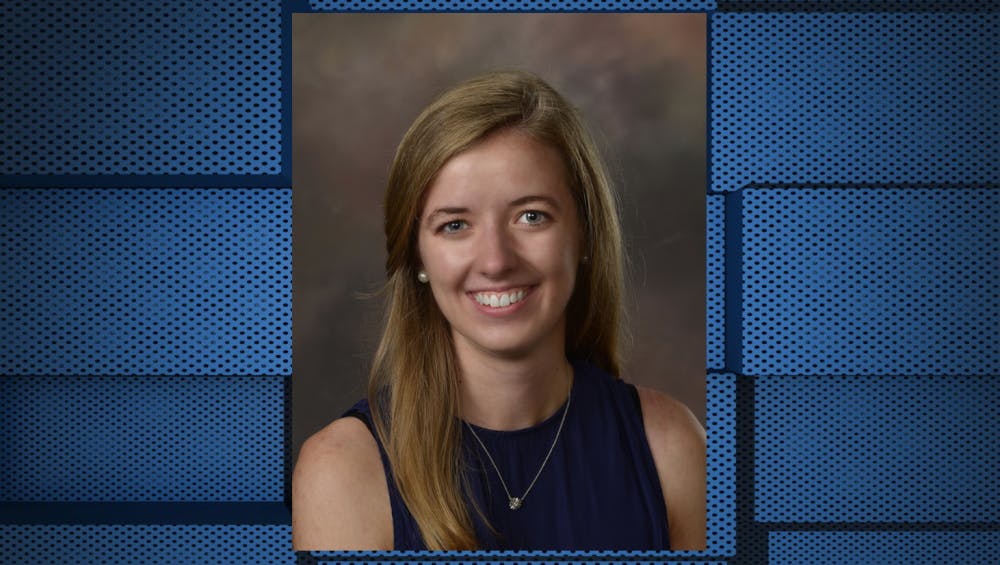AUBURN, Ala. (EETV)– Auburn University sophomore Elizabeth Farrar will work this summer on a research project in Germany that focuses on the parasites that cause sleeping sickness, a disease deadly to both humans and animals.
Farrar is one of only 150 students nationwide selected to conduct undergraduate research in Würzburg, Germany, this summer as a German Academic Exchange Service Research Intern in Science and Engineering, or RISE, undergraduate fellow. Farrar will spend the summer in the lab of Christian Reuter, a professor of cell and development biology at the University of Würzburg. She will join a research team investigating the development of African trypanosomes in human skin tissue models. These parasites – transmitted by the tsetse fly – cause deadly sleeping sickness in humans and also the widespread disease nagana in cattle. Farrar and the rest of the team are conducting this research to learn more about how the parasites are transmitted from the tsetse fly to humans.
Farrar, an Honors College student from Lexington, South Carolina, is majoring in biomedical sciences in the College of Sciences and Mathematics, or COSAM, and minoring in German. She was chosen from more than 1,700 applications from the U.S., Canada, Ireland and the U.K.
The RISE fellowship is Germany’s premier undergraduate award which provides students in the fields of biology, chemistry, earth sciences, engineering and physics the chance to spend a summer working with research groups at universities and top research institutions across Germany.
In addition to conducting undergraduate research, Farrar will have the opportunity to participate in an intensive German language course as well as a scholars' conference in Heidelberg, Germany, in early July.
“I am so thankful for the opportunity to take the practical skills I have learned here in COSAM and through the German department and apply them to the challenges of the international research setting in Würzburg,” Farrar said.
Farrar has many activities both on and off campus, including her involvement with Delta Phi Alpha German Honor Society; volunteering with Mercy Medical Clinic; mentoring with Project Uplift; and tutoring as a Study Partner with Auburn’s Office of Academic Support. Upon graduation, she plans to attend medical school to become a physician.
“Elizabeth is a shining example of what a student can achieve through smart work and perseverance; she paid attention to detail while keeping an eye on the big picture,” said Ameya Kolokar, a lecturer in the Department of Physics. “On the path to success, she also helped others around her achieve higher standards. Her fellowship is well-deserved.”







